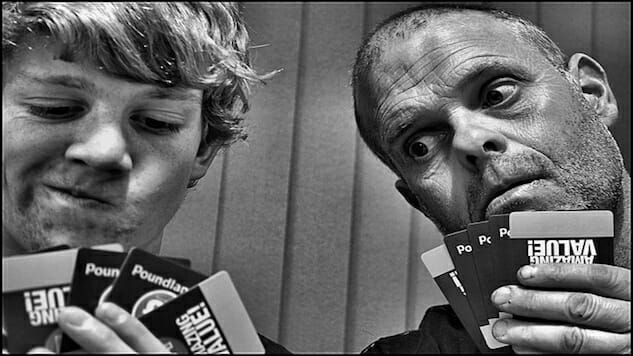Weird Science: Cheaters, Racists, and Homophobes Don’t Lose Sleep at Night

This Week in Weird Science: Cheaters, racists and homophobes hardly lose any sleep at night. In fact, they report the best quality of sleep, based on a survey of 2,000 Americans. Next, we learn that America’s opioid epidemic could maybe fall on the hands of doctors prescribing the medication, with most opioid-addicted teens having first received the pills from their own doctor. Finally, children born to older mothers are less likely to be a pain in the ass later in the life.
![]()
Cheaters, racists, homophobes … none of ‘em are losing any sleep at night.
Nope, not a single one—and, it turns out they sleep pretty damn comfortably.
A study out of SleepJunkie.org, a not-so-scientific group of “insomniacs,” surveyed more than 2,000 Americans about their sleep quality and their behavioral habits that weigh heavily on people’s minds—how many hours do you sleep at night; have you ever declared bankruptcy; have you stolen; have you cheated on your partner. From there, the SleepJunkie team mapped the results, which were … surprising, to say the least.
First off, about 60-percent of Americans get the recommended seven to nine hours of sleep per night—not too shabby. Concerning sleep patterns based on behaviors, three out of four women lose sleep over guilt, compared to three out of five men. Cheaters don’t lose sleep over their infidelity, with 75 percent reporting a normal sleeping pattern. Equally as alarming, according to the survey results, racists and homophobes report the best quality of sleep. Overall, the best sleepers are Republican men, who work in finance, with racist and homophobic tendencies.
Those people who aren’t racist or homophobic, there’s still hope for a better night’s sleep. The study recommends no more phone, computer, tablet in bed. Also, you should exercise, eat right, and quit the boozing—even if it helps you fall asleep. Or you could just brainwash yourself with ignorance.
![]()
We can probably blame doctors for our opioid addiction.
America has a prescription drug problem, and maybe it’s time to blame doctors for instigating it. Toothache? Percocets. Recovering from knee surgery? Percocets. Back still sometimes hurt from the time you fell out of Uncle Jerry’s willow tree when you were ate? Some percocets will do.
A recent study by some University of Michigan researchers found that most teens who abuse opioid drugs first received the drugs from a doctor—not the old-fashioned way from their parents’ medical cabinet or the guy selling extra strength Tylenol in front of Kroger.
-

-

-

-

-

-

-

-

-

-

-

-

-

-

-

-

-

-

-

-

-

-

-

-

-

-

-

-

-

-

-

-

-

-

-

-

-

-

-

-








































